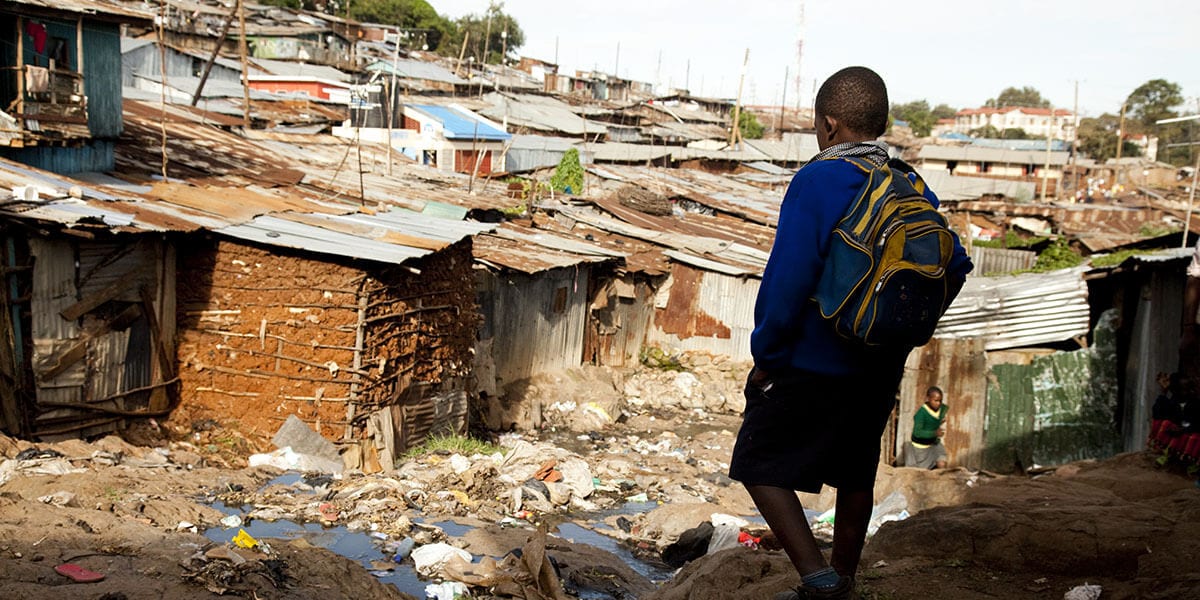Nigeria’s multidimensional poverty has grown by over 20 per cent within three years, a report by the The Nigerian Economic Summit Group (NESG), in collaboration with the African Economic Research Consortium (AERC), has revealed.
The report, which was released during an In-Country Dissemination Workshop, had the theme, “The Growth, Poverty, and Inequality Relationships in Africa (GPIR) collaborative research project”.
The Growth, Poverty, and Inequality Relationships in Africa (GPIR) collaborative research project funded by NORAD is a sequel to one of the most successful collaborative projects of AERC undertaken in the late 1990s and early 2000, namely “Poverty, Income Distribution, and Labour Market Issues in Africa”.
Daily Trust reports that Nigeria’s multidimensional poverty figure stands at 133 million according to the National Bureau of Statistics (NBS).
In his remarks, Chief Economist and director of research at the NESG, Dr Olusegun Omisakin, who was represented by Dr Seyi Vincent, an economist at the NESG, noted that the report found out that poverty has risen despite an increase in Nigeria’s Gross Domestic Product (GDP) when GDP growth should help tackle poverty.
“Multidimensional poverty rose from 43.7 in 2019 to 63.2 per cent in 2021 which is why it has become more critical to generate policy recommendations for ensuring better living standards for the average Nigerian,” she said.
She further stated that the “The workshop will focus on the effects of human capital development on multidimensional poverty and household improvement and, at the macroeconomic level, analyse why human capital development is key for economic competitiveness, improved living standards and economic growth that strengthens socio-economic development in Nigeria,” she stated.
In her opening remarks, the manager of research at the African Economic Research Consortium (AERC), Dr Scholastica Odhiambo, she stated that the report recommends pathways for policy action, alleviation of poverty and inequality and address continuous and emerging challenges on topical economic issues.

 Join Daily Trust WhatsApp Community For Quick Access To News and Happenings Around You.
Join Daily Trust WhatsApp Community For Quick Access To News and Happenings Around You.


